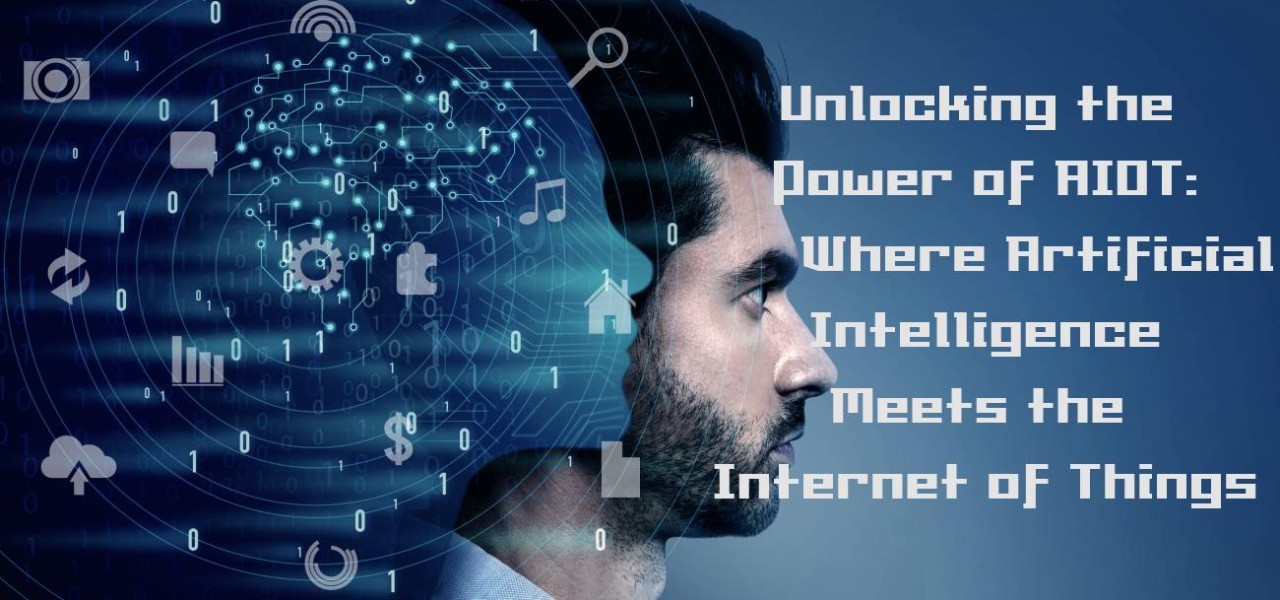Artificial Intelligence (AI) integration has emerged as a game-changer, revolutionizing industries across the globe. By harnessing the power of AI, organizations can unlock new opportunities, optimize processes, and drive innovation. This article explores the transformative impact of AI integration in various industries, highlighting real-world examples and the potential for exponential growth. From healthcare to finance to manufacturing, AI integration is reshaping the way businesses operate and paving the way for a future powered by intelligent automation and data-driven decision-making.
I. AI Integration in Healthcare: Transforming Patient Care
1.1. AI in Medical Diagnostics
- AI-powered diagnostic tools are revolutionizing healthcare by providing more accurate and efficient disease detection. For example, AI algorithms can analyze medical images, such as X-rays and MRIs, to identify potential abnormalities and assist physicians in making accurate diagnoses.
- As technologist and entrepreneur Peter Diamandis once said, “AI is the new electricity.”
1.2. Personalized Treatment and Predictive Analytics
- AI integration enables personalized treatment plans and predictive analytics by analyzing patient data to identify trends, patterns, and potential risks. This data-driven approach allows healthcare providers to deliver targeted interventions and preventive measures, improving patient outcomes and reducing healthcare costs.
- Former U.S. Surgeon General Dr. Vivek Murthy emphasized, “Data has the potential to improve health outcomes and deliver more precise care.”
II. AI Integration in Finance: Enhancing Decision-Making and Risk Management
2.1. AI-Powered Financial Analysis
- AI integration in finance enables more accurate and efficient financial analysis. AI algorithms can process vast amounts of data, identify trends, and generate insights, empowering financial institutions to make informed decisions, detect anomalies, and optimize investment strategies.
- American business magnate Warren Buffett once stated, “Price is what you pay. Value is what you get.”
2.2. Fraud Detection and Risk Mitigation
- AI integration in finance strengthens fraud detection and risk management capabilities. AI algorithms can analyze patterns, detect anomalies, and identify potential fraudulent activities in real-time. This proactive approach helps financial institutions mitigate risks and safeguard the interests of their customers.
- Cybersecurity expert Bruce Schneier famously said, “The internet is no longer a web that we connect to. Instead, it’s a computerized, networked, and interconnected world that we live in.”
III. AI Integration in Manufacturing: Optimizing Efficiency and Productivity
3.1. Predictive Maintenance and Equipment Optimization
- AI integration in manufacturing allows for predictive maintenance and equipment optimization. By analyzing sensor data and machine learning algorithms, AI systems can predict equipment failures, schedule maintenance proactively, and optimize production processes. This reduces downtime, improves efficiency, and maximizes productivity.
- Technology strategist and author Peter Hinssen once said, “Without data, you’re just another person with an opinion.”
3.2. Intelligent Supply Chain Management
- AI integration enhances supply chain management by optimizing inventory levels, demand forecasting, and logistics planning. AI algorithms analyze historical data, market trends, and real-time information to streamline supply chain operations, reduce costs, and improve customer satisfaction.
- Business magnate and philanthropist Jack Ma highlighted, “Forget about your competitors; just focus on your customers.”
3.3. Collaborative Robots and Automation
- AI integration in manufacturing introduces collaborative robots, also known as cobots, which work alongside human workers to automate repetitive tasks, increase production efficiency, and enhance workplace safety. These cobots utilize AI algorithms for object recognition, decision-making, and adaptive learning.
- Futurist and inventor Ray Kurzweil once stated, “Artificial intelligence will reach human levels by around 2029. Follow that out further to, say, 2045, we will have multiplied the intelligence, the human biological machine intelligence of our civilization a billion-fold.”
IV. AI Integration: Overcoming Challenges and Embracing the Future
4.1. Ethical Considerations and Bias
- As AI integration progresses, ethical considerations regarding data privacy, bias, and algorithm transparency become crucial. Organizations must navigate these challenges to ensure AI systems are fair, unbiased, and transparent, and protect user privacy while driving innovation.
4.2. Upskilling and Workforce Adaptation
- AI integration reshapes the workforce, requiring upskilling and adaptability. As automation and AI technologies evolve, organizations must invest in reskilling programs to equip their workforce with the necessary skills to collaborate effectively with AI systems and leverage AI’s potential.
4.3. Regulatory Framework and Trust
- Establishing a robust regulatory framework is essential to govern AI integration and build trust among consumers, organizations, and stakeholders. Regulations should address issues such as data protection, algorithmic accountability, and ethical AI practices.
Conclusion
AI integration is revolutionizing industries by unlocking new possibilities, optimizing processes, and enabling data-driven decision-making. From healthcare to finance to manufacturing, organizations are leveraging AI’s power to drive innovation, enhance customer experiences, and achieve sustainable growth. As AI technologies continue to advance, it is crucial to address ethical considerations, upskill the workforce, and establish a regulatory framework that fosters trust and ensures responsible AI integration. By embracing AI’s transformative potential, organizations can revolutionize industries and shape a future where intelligent automation and data-driven insights propel us to new frontiers of innovation and progress.

